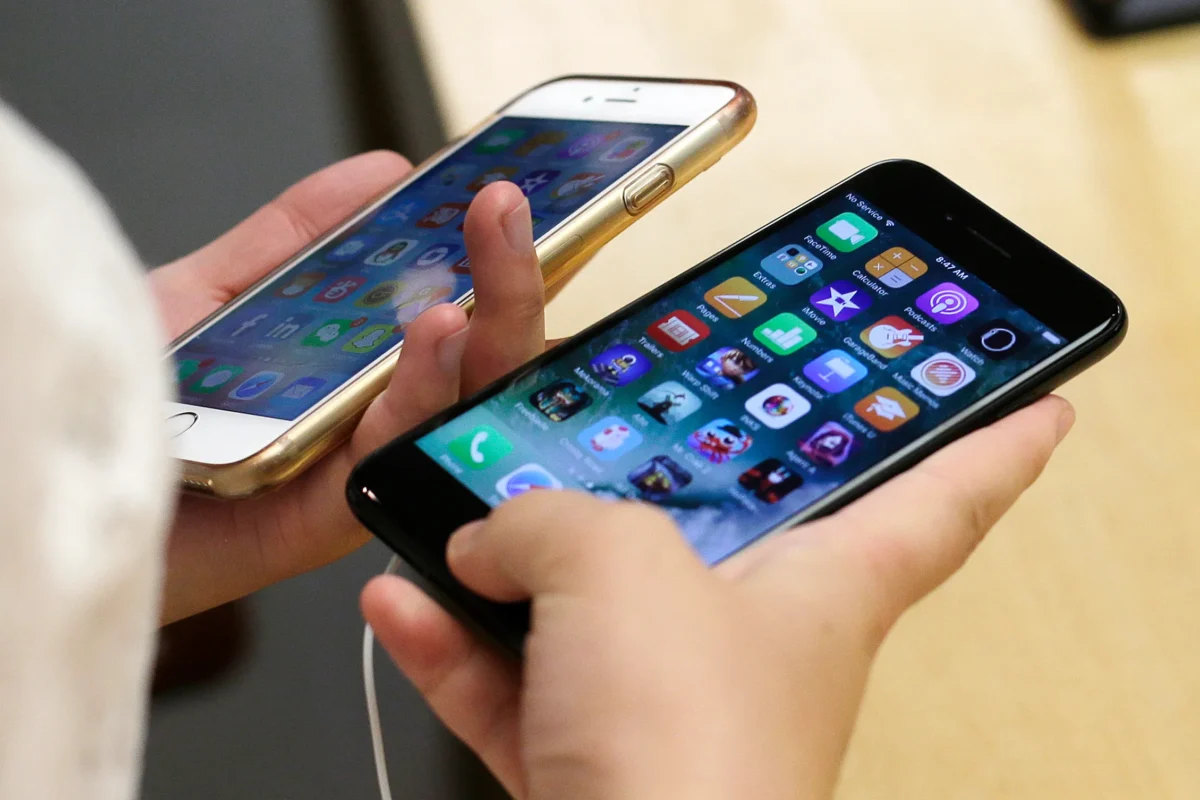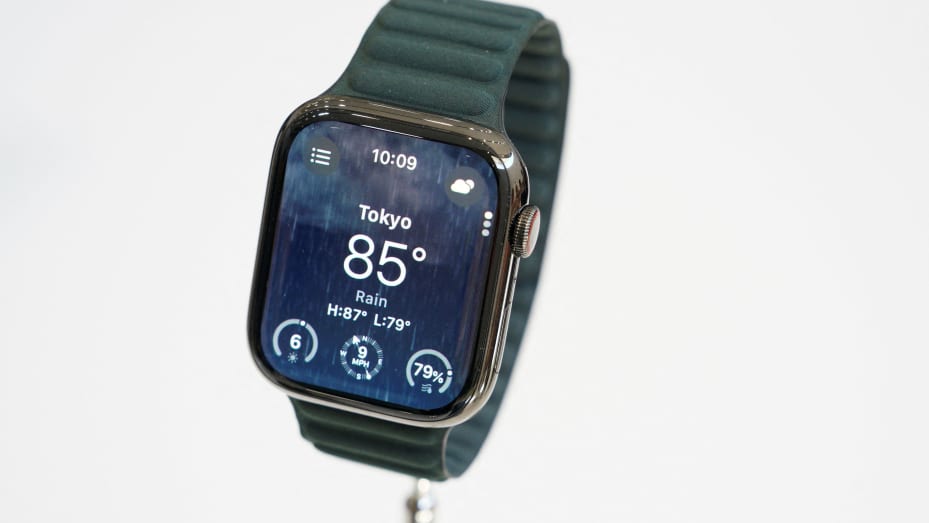Apple has commenced compensatory payments in the long-standing class action lawsuit concerning allegations of intentionally slowing down specific iPhones in the United States.
Claimants are set to receive a share of a $500 million (£394 million) settlement, equating to approximately $92 (£72) per claim.
In 2020, Apple agreed to settle the lawsuit, asserting its denial of any wrongdoing while expressing concerns about the escalating costs of prolonged litigation.
A parallel case in the United Kingdom seeks £1.6 billion in compensation.
The origins of the US case trace back to December 2017 when Apple confirmed suspicions by admitting to intentionally slowing down some iPhones as they aged. Apple argued that, as batteries aged, their performance declined, and the intentional “slowdown” aimed to prolong the phones’ overall lifespan.
However, Apple faced accusations of throttling iPhone performance without informing customers, resulting in widespread dissatisfaction. To address the issue, Apple offered discounted battery replacements, leading to the initiation of the US legal action. Initial estimates suggested each person might receive as little as $25, but the actual payout now appears to be nearly four times that amount.
In the UK, Apple’s attempt to block a similar mass action lawsuit failed in November. The case, initiated by Justin Gutmann in June 2022, represents an estimated 24 million iPhone users.
While Apple has consistently dismissed the lawsuit as “baseless” and emphasized its commitment to product longevity, Mr. Gutmann, while acknowledging the US payments, highlighted that it does not impact the UK case.
“It’s a moral victory but not much use to me. I’ve got to plough on and pursue the case in the UK jurisdiction,” stated Mr. Gutmann, noting Apple’s staunch resistance to the UK class action. The case is set to progress to the Court of Appeal, where the firm seeks to halt the proceedings. Mr. Gutmann anticipates a potential trial in late 2024 or early 2025 but acknowledges the challenge of establishing a precise timeline.


